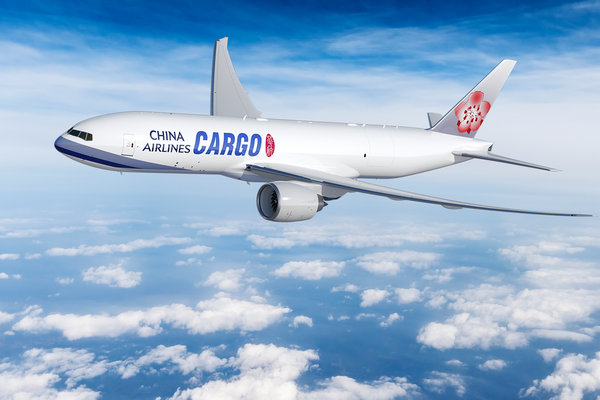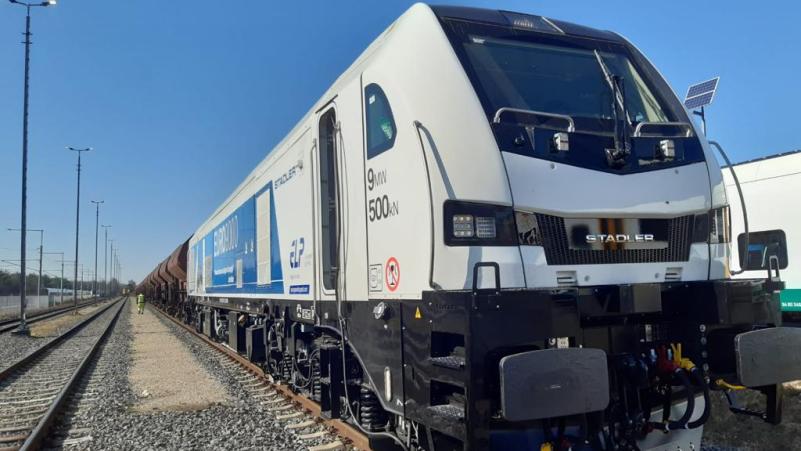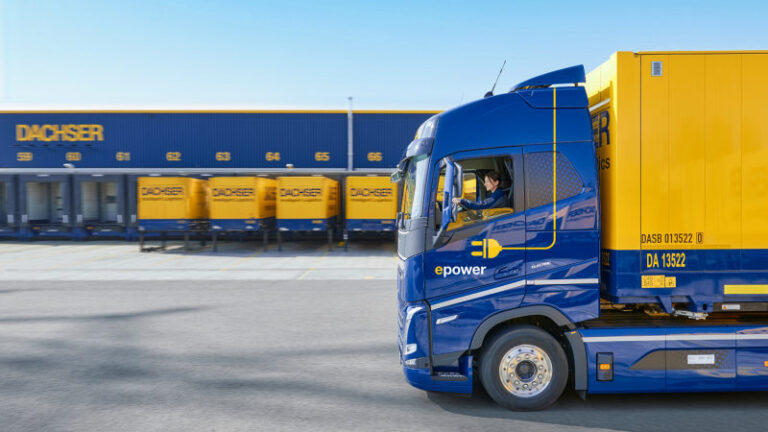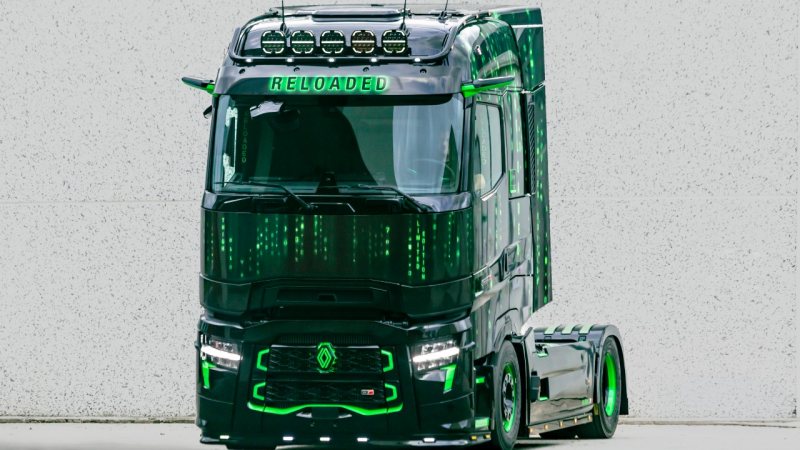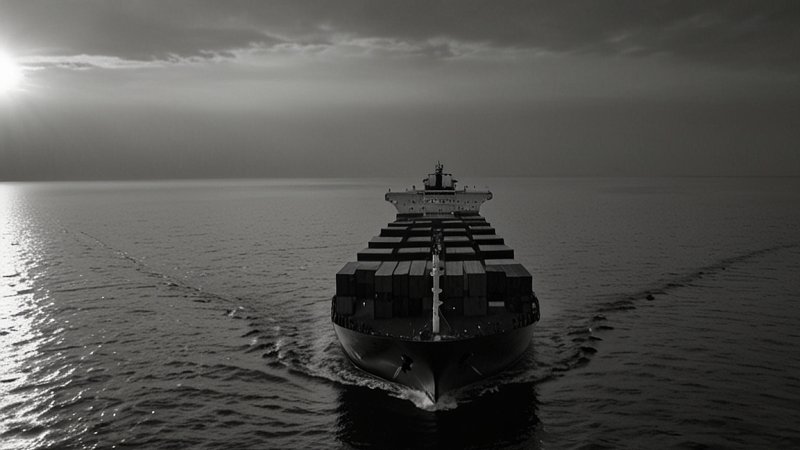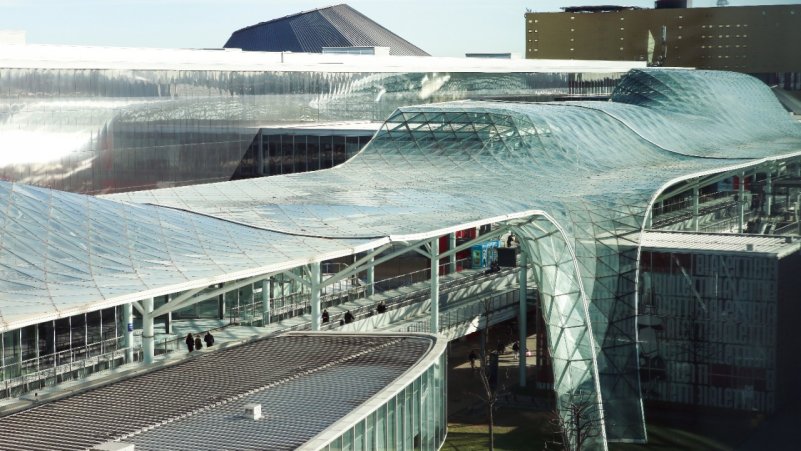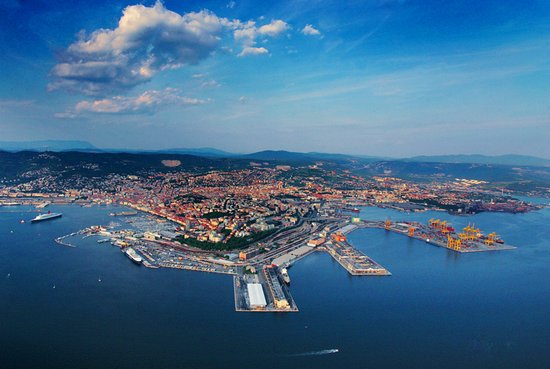In a year marked by economic uncertainty and stagnation across Europe, Dachser achieved robust growth. The German logistics provider, still family-owned, reported a 13% rise in revenue, reaching 8.027 billion euros. These figures are particularly significant given the macroeconomic challenges of 2024, characterised by high costs, a decline in industrial production and shrinking consumer demand. CEO Burkhard Eling attributed the company’s success to a combination of strategic vision, financial strength and countercyclical boldness, stating that those who act during a recession by investing wisely and consistently will enter the next upturn with the wind at their back.
A substantial portion of the 2024 growth stemmed from acquisitions completed over the past two years, including Dachser & Fercam Italia, Frigoscandia and Brummer. These companies were consolidated into the group’s financial statements for the first time, contributing to overall expansion. Even excluding these acquisitions, organic growth stood at a solid 4.7%, underscoring the resilience of the European groupage network and the effectiveness of pricing adjustments in air and sea freight.
Transport volumes rose by 7.6%, reaching approximately 83.2 million shipments, while tonnage increased by 10.2% to 44.1 million tonnes. These figures reflect not only geographic expansion but also enhanced operational density. The core business remains road logistics, which includes transport and warehousing services for industrial and consumer goods (European logistics) as well as food products (food logistics). This segment generated revenue of 6.4 billion euros, growing by 10.9%.
Within this segment, European logistics saw revenue increase by 8.1% to 4.8 billion euros, with shipments up 6.5% and tonnage rising by 2.8%. Such growth is especially noteworthy given stagnant demand and intensified competition. “Our ability to grow organically in a stagnant market shows the confidence customers place in our network,” commented Eling.
Even more impressive was the performance of the food logistics division, which benefited from the integration of newly acquired companies. Revenue rose by 20% to 1.7 billion euros, with shipments up 14.3% and tonnage surging by 31.5%. The integration of Müller, Frigoscandia and Brummer enabled Dachser to expand beyond chilled logistics into new markets and customer segments, supported by its own fleet.
In the air & sea logistics segment, the company reported a 22% increase in revenue to around 1.6 billion euros. This growth was largely fuelled by external factors such as bottlenecks in the Red Sea and a surge in e-commerce between China and Europe, which drove up freight rates. Contract logistics, which combines transport, warehousing and customised client services, also played a key role in the growth strategy.
Dachser also stepped up its investments in 2024, doubling the figure from 2023 to reach 490 million euros. These funds were channelled into new facilities, workforce expansion, digital innovation, sustainable logistics and strategic acquisitions. For 2025, a further 400 million euros in investments are planned, reflecting a consistent and coherent development trajectory.
Over the course of the year, the company’s workforce grew by more than 3,300 people, bringing the total to approximately 37,300 employees. Operational sites increased from 377 to 433, supported in part by the launch of a joint venture in Japan. Logistics capacity was expanded by 720,000 pallet spaces, bringing the global total to 3.8 million across 190 locations.
Looking ahead to the next year, Dachser anticipates a continued challenging environment, with limited growth momentum expected from Europe. A stagnant economy, industrial downsizing and geopolitical instability pose ongoing risks. In response, the group’s strategy will focus on strengthening its presence in the Americas and Asia, linking these markets to its well-established European network. “The broader our global footprint, the more resilient we become,” Eling concluded.




